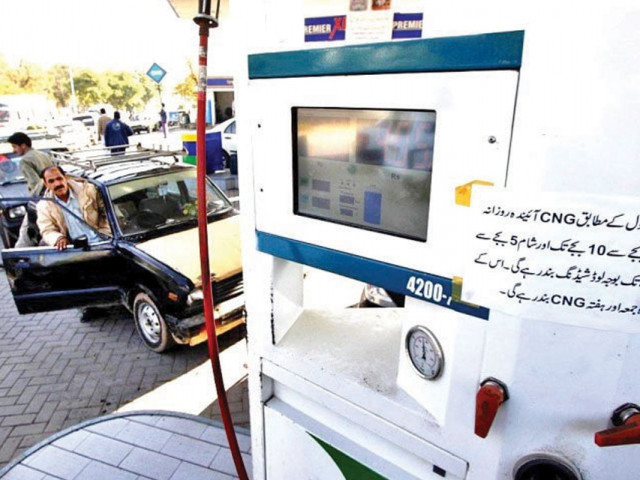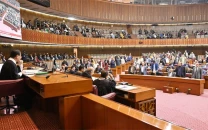‘New policy’: Govt proposes CNG price at 80% parity of petrol
Petroleum ministry to ban CNG in private vehicles; rate of cess on CNG to increase.

Despite Supreme Court orders, the government has proposed to fix the price of Compressed Natural Gas (CNG) at 80% parity with the price of petrol.
Unveiling a new CNG policy before the Cabinet, the petroleum ministry suggested enhancing the rate of Gas Infrastructure Development Cess (GIDC) to link the price of CNG with petrol – a move that may trigger another controversy since the Supreme Court had expressed strong reservations over linking the prices of CNG and petrol.
The new ‘policy guideline’ for the CNG sector also proposed a complete ban on the use of CNG in private vehicles, restricting it only to public transport in order to encourage the use of cheap and clean transport fuel.
According to the document submitted to the Cabinet, the petroleum ministry also proposed giving CNG station dealers margins of the rate Oil Marketing Companies (OMCs) and petroleum dealers use for the sale of petrol and diesel.
In the new pricing formula submitted to the petroleum ministry, Ogra had recommended value addition cost of Rs5.46 per kg and operational cost of Rs7.90 per kg.
The petroleum ministry has also proposed a CNG pricing formula, which includes the cost of gas as selling price for the CNG sector, value-added cost for compression, and a margin equal to the sum of margins of OMCs and dealers for petrol and diesel as approved by the federal government. The formula also comprises of the Gas Infrastructure Development Cess and the General Sales Tax (GST).
According to the petroleum ministry, the value added cost will be determined by Ogra through a process of public hearings and forensic audit of CNG stations. In order to remove the present distortion in the price of CNG and other fuels, it will be ensured that the price of CNG is not less than 80% of the price of petrol, the document stated.
Furthermore, it was decided that the current ban on the import of CNG kits and cylinders would continue until further notice. In the course of time, all CNG stations will be incentivized to convert to LPG. The ban on the setting up of new CNG stations will also continue till further notice.
According to the petroleum ministry, the consumption of gas for CNG has witnessed substantial growth in Pakistan, particularly in the past six to seven years. However, much of this growth occurred at a time when the supply of gas did not witness any significant increase. Accordingly, the growth is met by denying gas to other critical sectors of the economy, most notably the power and fertiliser sectors.
At present, the CNG sector’s gas demand is nearly 16% (437 mmcfd) of the system pipeline gas (2,796 mmcfd), causing an immense burden on the country’s limited energy resources.
Published in The Express Tribune, December 11th, 2012.



















COMMENTS
Comments are moderated and generally will be posted if they are on-topic and not abusive.
For more information, please see our Comments FAQ